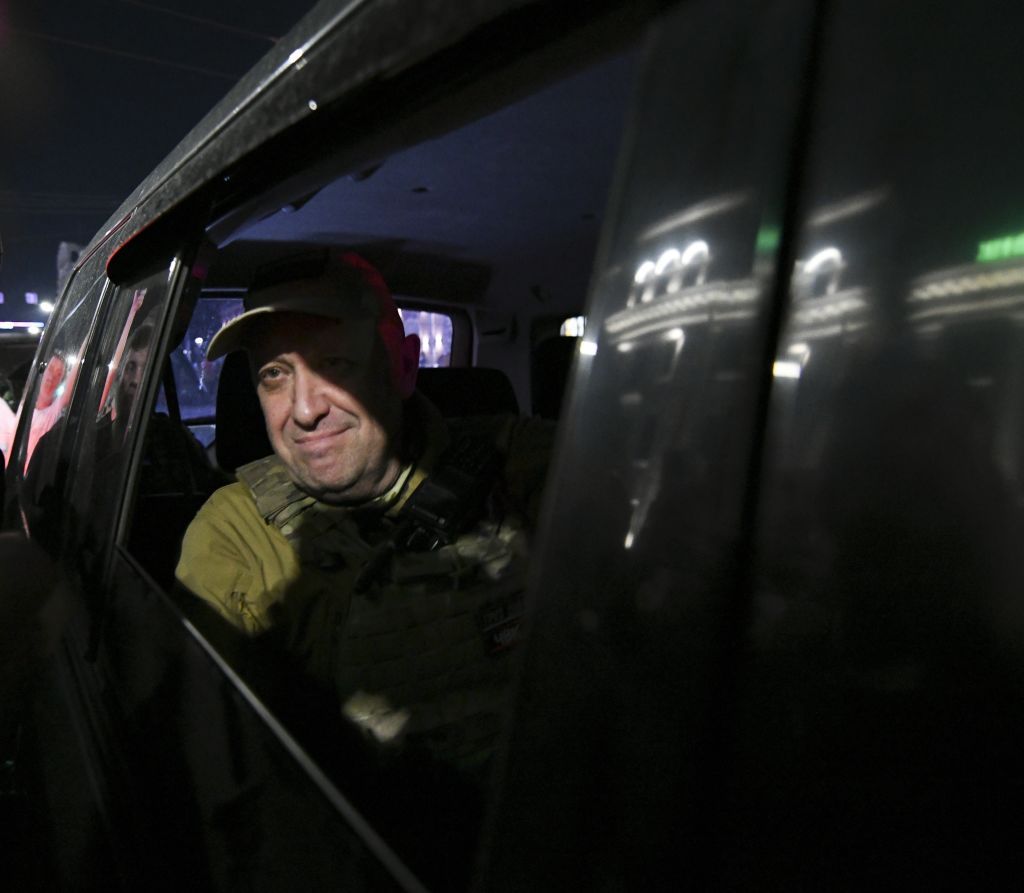Military intelligence: 'War between FSB and Russian Defense Ministry in active phase'

The conflict between the Federal Security Service (FSB) and Russia's Defense Ministry is entering an active phase after the Wagner Group's rebellion, the Main Intelligence Directorate's (HUR) representative Andrii Cherniak told RBC Ukraine on June 29.
"According to our estimates, there is already an open war between the so-called 'towers' of the Kremlin, which will result in physical liquidation of the leaders of the competing factions," Cherniak said.
According to HUR's representative, Yevgeny Prigozhin's short-lived rebellion revealed the weakness of Russia's dictator Vladimir Putin, making Russian elites fight among each other for power.
The so-called "Pentagon leaks" from April suggested infighting between the FSB and Defense Ministry over the handling of the war against Ukraine.
Prigozhin launched an armed rebellion against the Russian government on June 23. His mercenaries occupied the city of Rostov and marched to within 200 kilometers of Moscow, only to abruptly end the insurrection less than 24 hours later, on June 24.
After an undisclosed deal between the Wagner boss and the Kremlin, Prigozhin and his contractors were reportedly allowed to go to Belarus. HUR's chief Kyrylo Budanov said that the Wagner fighters would no longer take part in hostilities in Ukraine.
According to media reports, the insurrection saw tensions flare among Russia's political and military leadership. The Moscow Times wrote on June 28 that Russian General Sergei Surovikin was detained over siding with Prigozhin.
CNN cited its sources that other figures among Russian intelligence and military cadres may have known in advance about the uprising and chose not to interfere.












